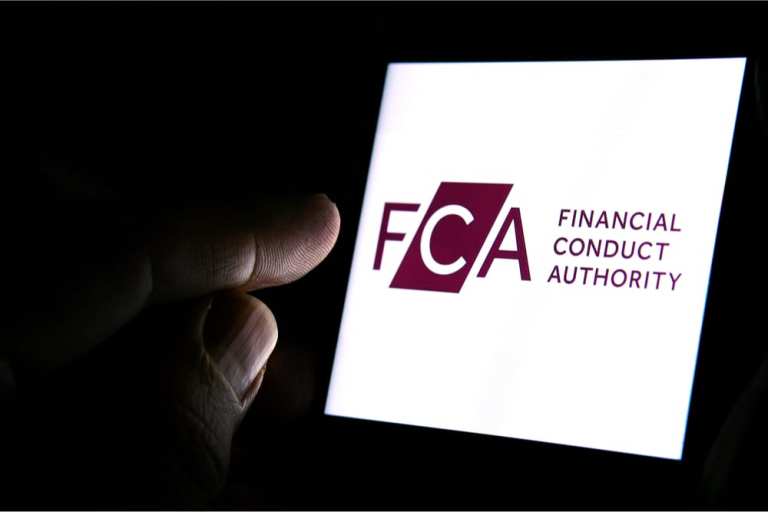UK Financial Regulator Proposes Extended Grace Period Amid COVID-19

A top British financial services regulator Friday proposed new regulations that could help borrowers bracing for the end of consumer protections implemented as COVID-19 bore down on the country.
The Financial Conduct Authority (FCA) announced proposed guidelines for firms that issue credit cards and some other forms of consumer debt that could take effect as early as next week.
“At the end of a payment freeze, firms should contact their customers to find out if they can resume payments — and if so, agree a plan on how the missed payments could be repaid,” the FCA said in its news release. It continued, “Anyone who continues to need help gets help — for customers still facing temporary payment difficulties as a result of coronavirus, firms should provide them with support by reducing payments on their credit card and personal loans to a level they can afford for 3 months.”
The agency said those who are “negatively impacted by coronavirus and who already have an arranged overdraft on their main personal current account” should be allowed to request up to £500 (about $622) interest-free for an additional three months, “and providing further support in the form of lower interest rates on borrowing above the interest-free buffer and repayment plans for those who would benefit from them.”
Customers who haven’t yet applied for forbearance should be allowed to do so later, the FCA said, if they find they need assistance because of the pandemic. And taking advantage of the help, the agency said, should not affect credit ratings for consumers.
Christopher Woolard, interim chief executive at the FCA, said in a prepared statement: “The proposals we’ve announced today would provide an expected minimum level of financial support for consumers who remain in, or enter, temporary financial difficulty due to coronavirus. Where consumers can afford to make payments, it is in their best long-term interest to do so, but for those who need help, it will be there.”
The FCA is directing financial services firms to be especially attentive to the needs of “vulnerable customers.”